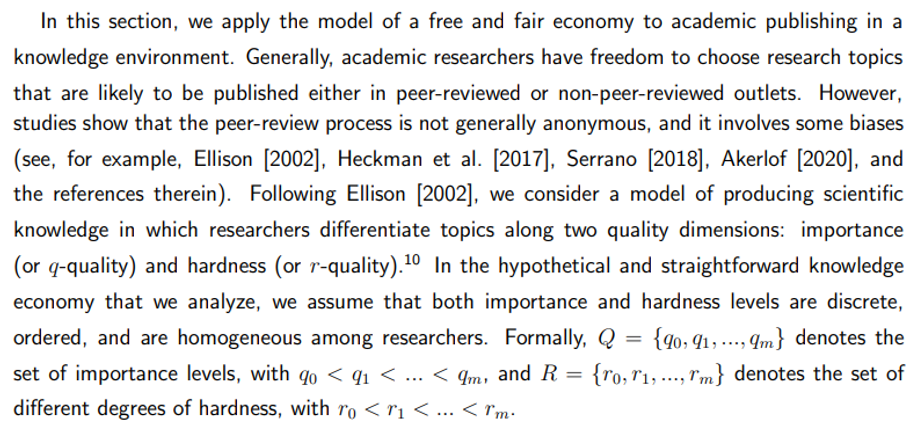Headquarters of Samsung in Mountain View, California, on October 28, 2018.
Smith Collection/gado | Archive Photos | Getty Images
Shares of South Korean chip heavyweights Samsung Electronics and SK Hynix surged Thursday, a day after the two companies partnered with artificial-intelligence major OpenAI as part of the U.S. firm’s Stargate initiative.
Samsung shares hit their highest since January 2021, rising over 4%, while SK Hynix stock surged more than 9% — highest since 2000.
OpenAI said in a statement that this partnership will “focus on increasing the supply of advanced memory chips essential for next-generation AI and expanding data center capacity in Korea.”
The ChatGPT-maker said the two South Korean firms plan to scale up production of advanced memory chips, which are critical to power its AI models.
The announcement came as OpenAI CEO Sam Altman met with South Korean President Lee Jae Myung in Seoul, and the top leaders at Samsung and SK Hynix.
OpenAI has also signed a series of agreements to explore developing next-generation AI data centers in South Korea, including with the Korean Ministry of Science and ICT, telecommunications operator SK Telecom, as well as with Samsung subsidiaries.
Earlier this month, SK Hynix announced that it was ready to mass-produce its next-generation high-bandwidth memory chips, cementing its leading position in the AI value chain. HBM is a type of memory that is used in chipsets for artificial-intelligence computing, including in chips from global AI giant Nvidia — a major client of SK Hynix.
HBM4 chips are expected to be the main AI memory chip needed for Nvidia’s next-generation Rubin architecture — a more powerful AI chip for global data centers.
SK Hynix has been a main chip supplier to Nvidia, while rival Samsung has reportedly been working to get its HBM4 chips certified by Nvidia.
Samsung has traditionally been the market leader in memory, but its position has been threatened by SK Hynix that has taken a lead in the HBM space. A report from Counterpoint Research in July found that SK Hynix had caught up with Samsung’s memory revenues in the second quarter, with both now vying for the top position in the global memory market.
Samsung’s second-quarter earnings missed expectations, as profits from its chip business declined almost 94% year on year, although its Chief Financial Officer Soon-cheol Park said that the company expects a rebound in the second half of the year.
— CNBC’s Dylan Butts contributed to this report.
Source: https://www.cnbc.com/2025/10/02/sk-hynix-samsung-shares-openai-stargate-korea.html


